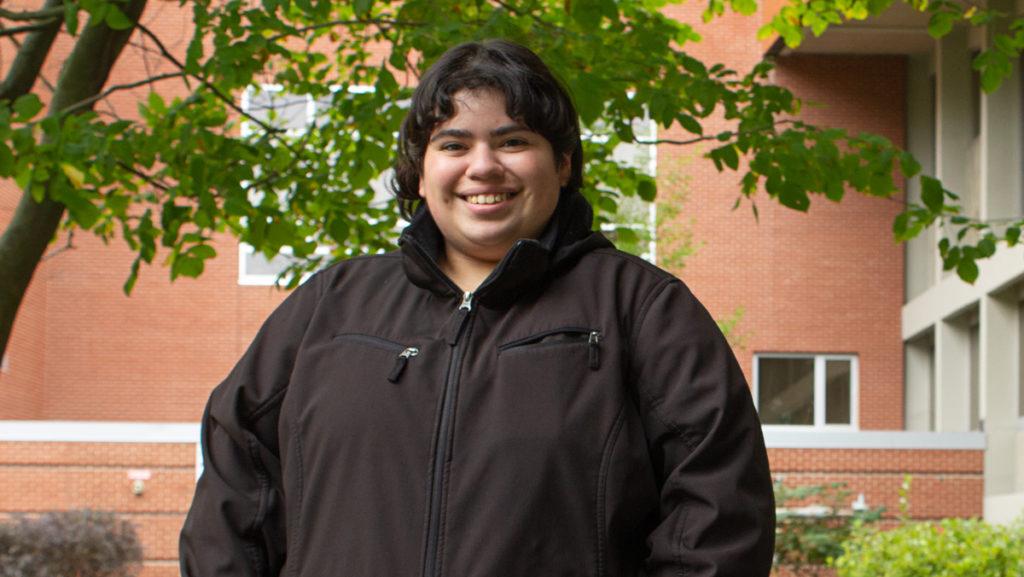How do you handle recycling? Do you sort your plastics, glass, paper and metal scraps? Maybe you do, and maybe you don’t. Either way, a big issue with sustainable waste management is that many people don’t truly understand what happens to their recycling once it’s out of the bin.
What qualifies as a recyclable is a whole other topic that I don’t have enough space to go over fully in this commentary — but I encourage others to do their own research. I want to focus specifically on the codes recycling plants use to identify recyclable plastics. Do you pay attention to the little numbers on plastic containers? You know, the ones inside the little triangles? If you don’t, chances are you might have improperly recycled a significant amount of things. These numbers, which range from 1-7, refer to the recyclability of the plastic that the product is made out of. It is very important to label and pay attention to these numbers because it affects the recycling facility’s sorting and processing abilities. It can also be an indication of plastics that should be avoided.
Putting the right items in their corresponding bins ensures lower recycling facility costs and damages, according to the Environmental Protection Agency. Sorting through plastic, whether done by hand or machine, costs facilities a lot of money — a portion of which comes from taxes, according to The New York Times.
Dirty plastics and cardboards also cause issues for facilities because soiled recyclables are worth less. The quality of plastic items drops when they are extremely soiled, making the processing of them more difficult and costly. These expenses come back to the taxpayers.
That isn’t to say you must clean out your items like you do with your dishes, but be wary of their condition (especially if they are going into a bin with absorbent paper items).
Another big issue is that often, recyclables end up in landfills. This can happen for several reasons, like people’s forgetfulness, inability or disinterest in recycling. It is also the result of government policies. The U.S. used to export recyclables to other countries, like China, because of how expensive they are to process, according to The Guardian. But now, environmental bans from other countries have stopped that. So rather than investing more into our recycling facilities, the government often dumps recyclables into landfills.
It’s important to be aware of some of the limitations of eco-friendly waste management and how it affects our planet and ourselves. Non–recycling friendly lifestyle choices can be changed with education and opportunity. I urge people to learn more about proper local recycling through the Tompkins County recycling website. There, you can find lots of information, like the difference between curbside recycling and nonrecyclable plastic disposal.
It’s also easy to get involved in our communities and take advantage of the opportunities provided by our city’s waste management facilities. The Borrow-a-Bin program provides venues and events with recycling bins and bags that would usually cost coordinators a lot of time and money to get ahold of. Tompkins Compost, Recycling, Trash is a program where people can volunteer in taking care of recyclable and compostable waste. There is also the Household Hazardous Waste program that provides appointments for people who need to get rid of items that aren’t accepted in curbside pickup.
There’s a lot we can do for ourselves and our planet — we just need to take the time to find these opportunities.














